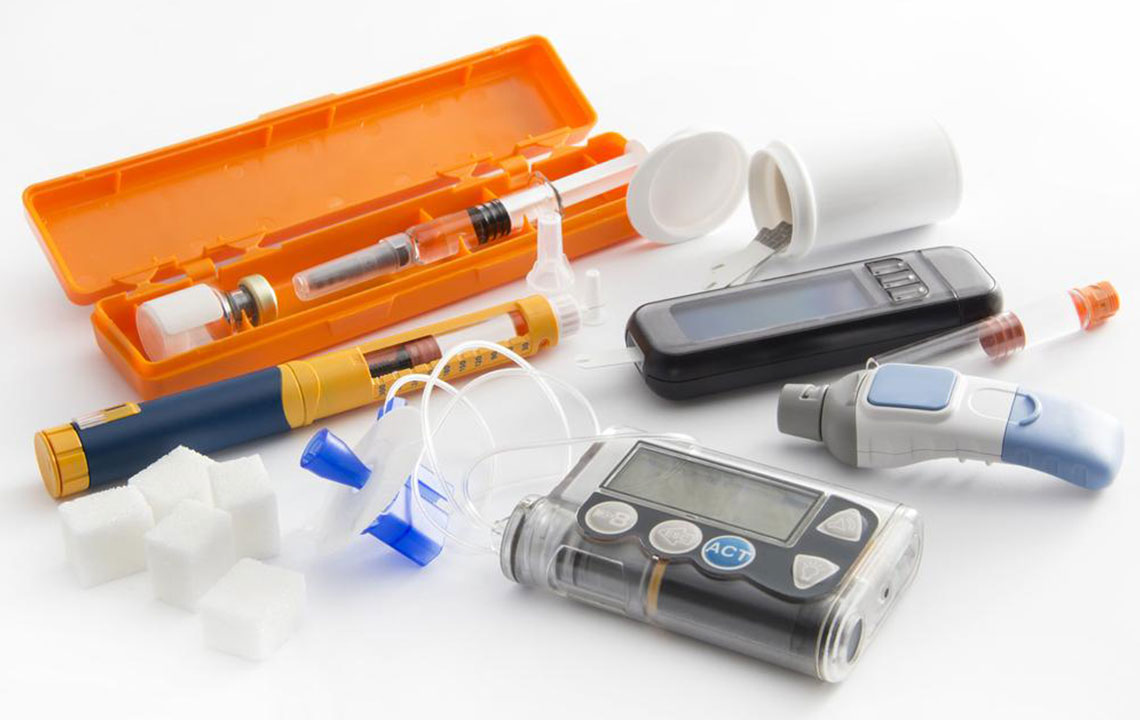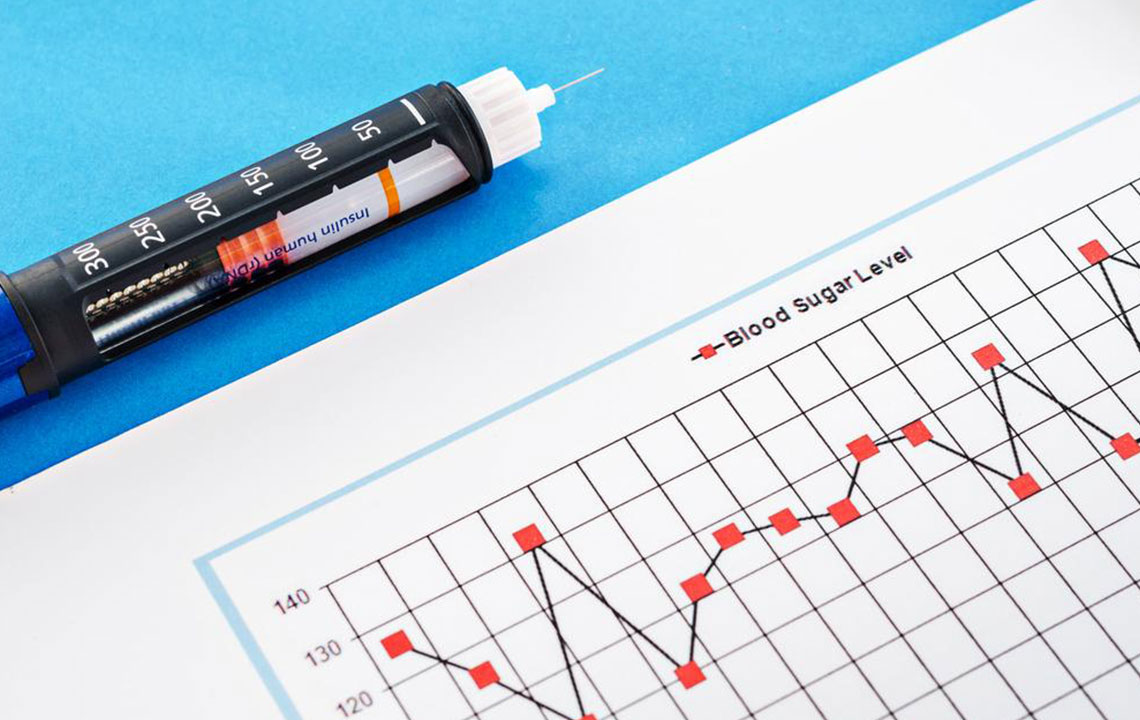Essential Guidelines for Safe Usage of Ozempic
Learn essential safety tips for using Ozempic® to manage type 2 diabetes effectively. This guide covers important precautions related to heart health, thyroid risks, kidney function, and pregnancy considerations. Proper understanding ensures safe and effective treatment, minimizing potential side effects and complications. Before starting Ozempic®, consult your healthcare provider to tailor the therapy to your specific health condition. Following these guidelines will help you achieve better blood sugar control while safeguarding your overall health during treatment.

Essential Guidelines for Safe Usage of Ozempic
Advances in medical research have eliminated many deadly illnesses, but some chronic conditions remain incurable. Managing these long-term health issues requires careful treatment and lifestyle choices. Diabetes mellitus, a metabolic disorder affecting blood glucose levels due to insufficient insulin production or cellular insulin resistance, is one such condition. In the country, nearly 100 million individuals are affected by diabetes or prediabetes.
Factors like genetics and poor diet increase susceptibility to diabetes at any stage of life. While medications such as metformin, insulin, and glyburide, along with a healthy diet and exercise, can control the disease, sometimes additional medication is needed—like Ozempic® (Semaglutide). This injectable drug helps increase natural insulin production. It’s important to understand safety precautions before starting Ozempic® to ensure proper use and avoid adverse effects.
Ozempic® is prescribed when blood sugar levels remain high despite other treatments. It’s a weekly injectable in a prefilled pen, starting at 0.25mg. This medication effectively lowers fasting and post-meal glucose levels but may cause side effects. Therefore, understanding important precautions is vital before beginning therapy.
Heart Conditions: Patients with pre-existing heart issues should consult their doctor before using Ozempic®. The medication may slightly raise heart rate or cause rhythm disturbances, necessitating medical advice for safe use.
Hypoglycemia Risk: Combining Ozempic® with insulin or sulfonylureas can increase hypoglycemia symptoms like sweating, nervousness, rapid heartbeat, or dizziness. Report these symptoms immediately and seek medical guidance for dose adjustments.
Thyroid Concerns: Those with a family history of thyroid tumors, especially medullary thyroid cancer or MEN2, should inform their doctor. Ozempic® has been linked to increased risk of thyroid tumors in susceptible individuals.
Kidney Function: Patients with existing kidney problems or elevated creatinine levels should avoid Ozempic® unless approved by their healthcare provider, as it can affect kidney health.
Pregnancy and Breastfeeding: Women who are pregnant or breastfeeding should discontinue Ozempic® and consult their doctor for alternative options, as safety during pregnancy and lactation isn’t established.
Usage Precautions: Never share your Ozempic® pen with others to prevent transmission of blood-borne infections. Proper disposal and hygiene are essential for safe administration.










